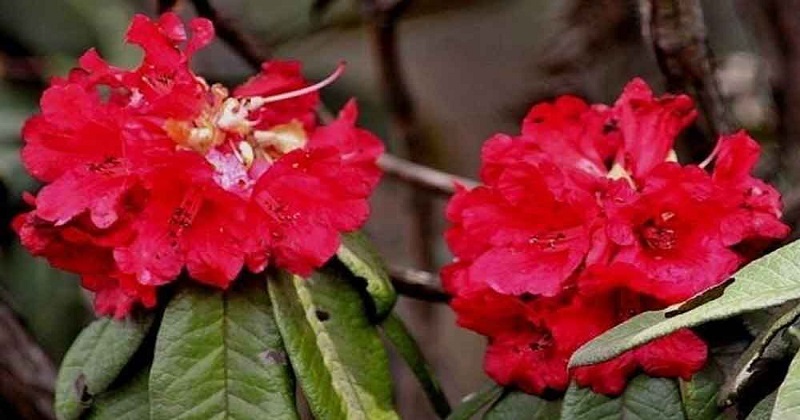
The biodiversity of the planet is approaching yet another bleak juncture. According to a recent study, plants that are no longer needed by humans are on the verge of extinction.
Scientists examined over 80,000 plant species from throughout the world and discovered that the vast majority of them will become extinct. Why? Simply because they serve no purpose for people. This would have an influence on future plant communities, which would become more homogenised than they are now, according to a report published in the journal ‘Plants, People, Planet’.
Researchers are calling it a wake-up call. The lead author of the study John Kress from Smithsonian’s National Museum of Natural History said, ‘It’s not the future, it’s happening. The bottleneck is starting to happen right now. And I think that’s part of the wake-up call that we are trying to give here. It’s something we might be able to slow down a little bit, but it’s happening’.
These scientists classified which plant species have suffered the most as a result of human activities since the start of the Anthropocene, a geological epoch that coincided with the onset of global warming.
Also Read: Man dies of cardiac arrest a day after undergoing hair transplant in Patna
Only 6,749 of the 86,592 plant species studied were found to be useful to humans. Corn, rice, wheat, and other grains are examples. In this race for existence, some 20,290 plants were labelled as losers, largely because they are useless to humans. The magnolia tree from Haiti, as well as cycads, redwoods, junipers, and araucariales, will all go extinct.
Possible losers were labelled 26,002 species, whereas potential winners were labelled 18,664 species.
The overall number of species considered by scientists – 86,592 – accounts for 25% of all vascular plants on the planet. While this shows that there is still a lot we don’t know about plant species, it also highlights the urgent need to ramp up conservation efforts.

Post Your Comments